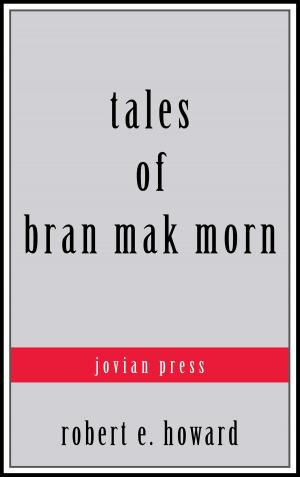| Author: | Harold Frederic | ISBN: | 9781537823621 |
| Publisher: | Jovian Press | Publication: | April 3, 2017 |
| Imprint: | Language: | English |
| Author: | Harold Frederic |
| ISBN: | 9781537823621 |
| Publisher: | Jovian Press |
| Publication: | April 3, 2017 |
| Imprint: | |
| Language: | English |
Frederic was born in Utica, New York, to Presbyterian parents. After his father was killed in a train accident when Frederic was 18 months old, the boy was raised primarily by his mother. He finished school at fifteen, and soon began work as a photographer. For four years he was a photographic touch-up artist in his hometown and in Boston. In 1875 he began work as a proofreader for the Utica Herald and then the Utica Daily Observer. Frederic later became a reporter, and by 1882 he was editor of the Albany Evening Journal.
Two years later he went to live in England as London correspondent of the New York Times. He retained this job for the rest of his life. He was soon recognized for his ability both as a writer and as a talker. He wrote several early stories, but it was not until he published Illumination (1896), better known by its American title, The Damnation of Theron Ware, followed by Gloria Mundi (1898), that his gifts as a novelist were fully realized. Jonathan Yardley called Damnation "a minor classic of realism".
Frederic was born in Utica, New York, to Presbyterian parents. After his father was killed in a train accident when Frederic was 18 months old, the boy was raised primarily by his mother. He finished school at fifteen, and soon began work as a photographer. For four years he was a photographic touch-up artist in his hometown and in Boston. In 1875 he began work as a proofreader for the Utica Herald and then the Utica Daily Observer. Frederic later became a reporter, and by 1882 he was editor of the Albany Evening Journal.
Two years later he went to live in England as London correspondent of the New York Times. He retained this job for the rest of his life. He was soon recognized for his ability both as a writer and as a talker. He wrote several early stories, but it was not until he published Illumination (1896), better known by its American title, The Damnation of Theron Ware, followed by Gloria Mundi (1898), that his gifts as a novelist were fully realized. Jonathan Yardley called Damnation "a minor classic of realism".















